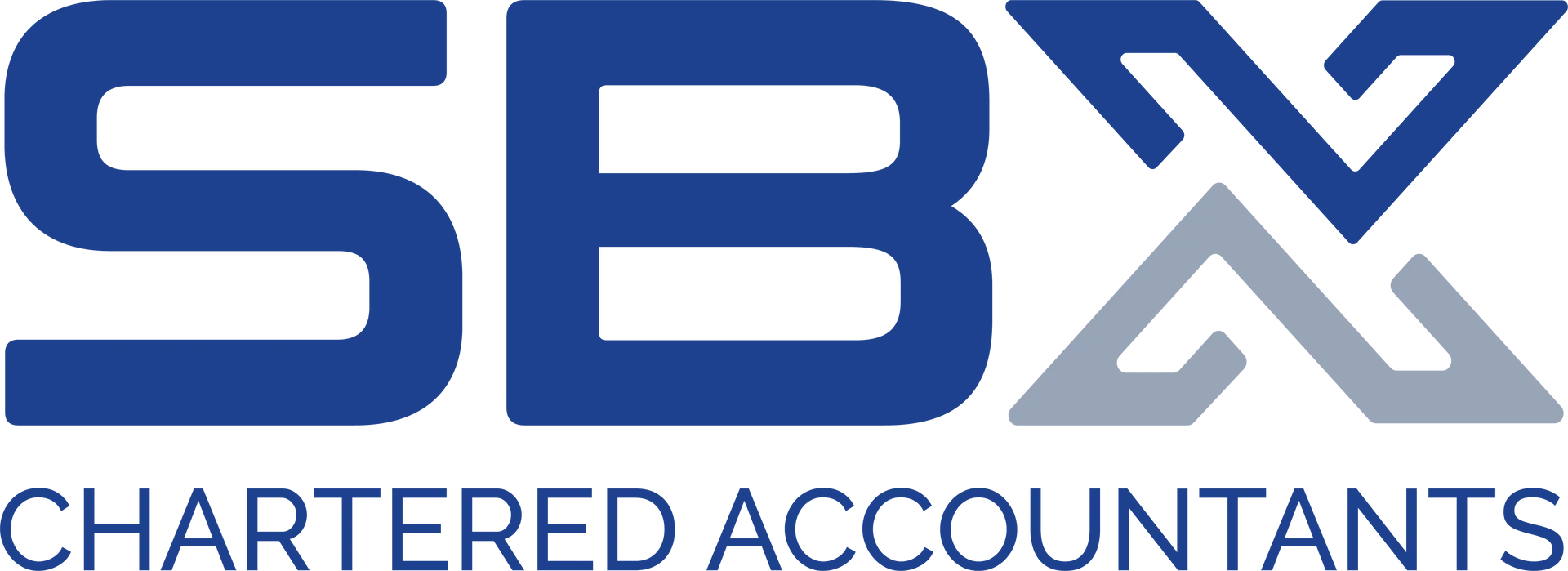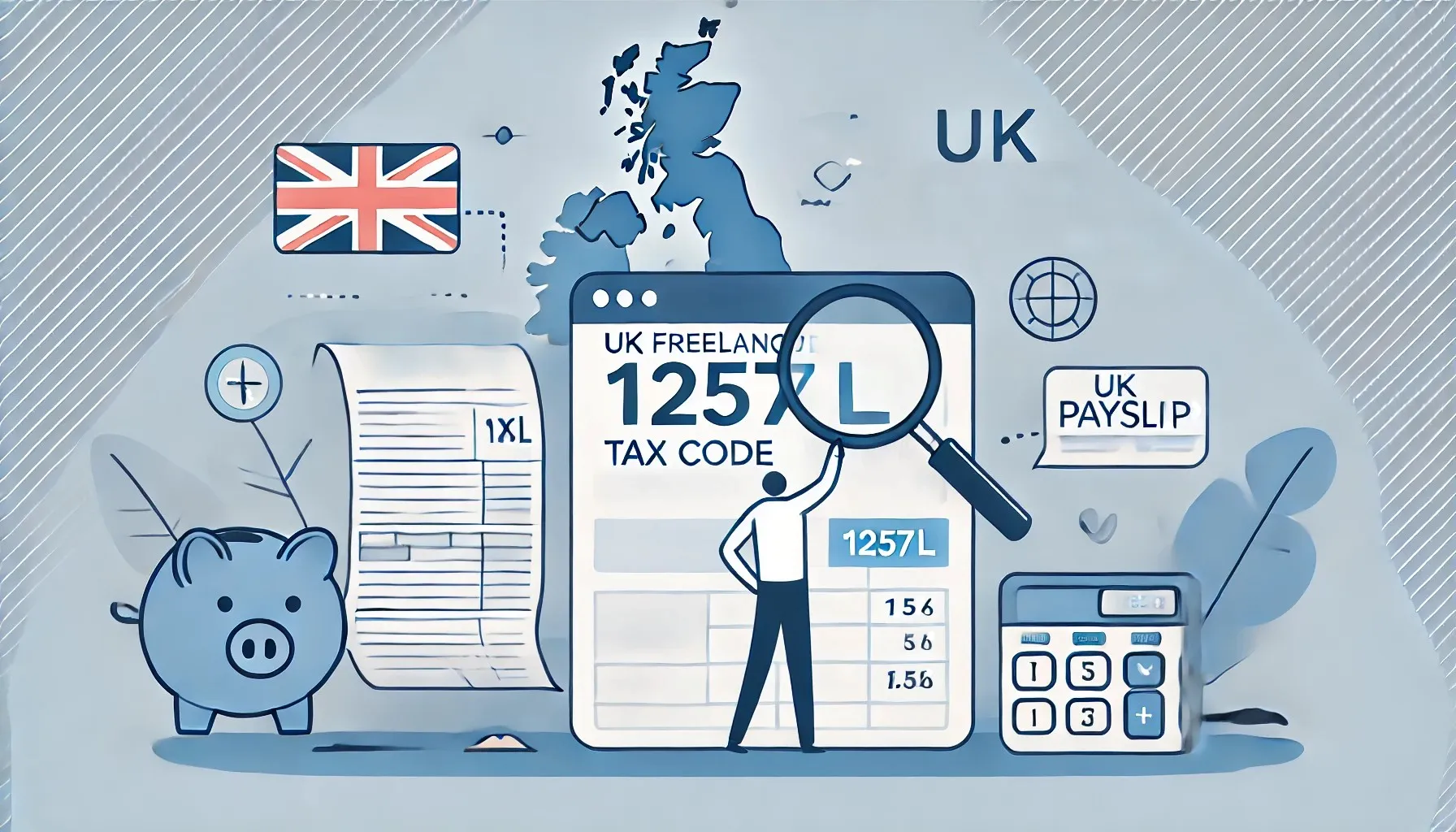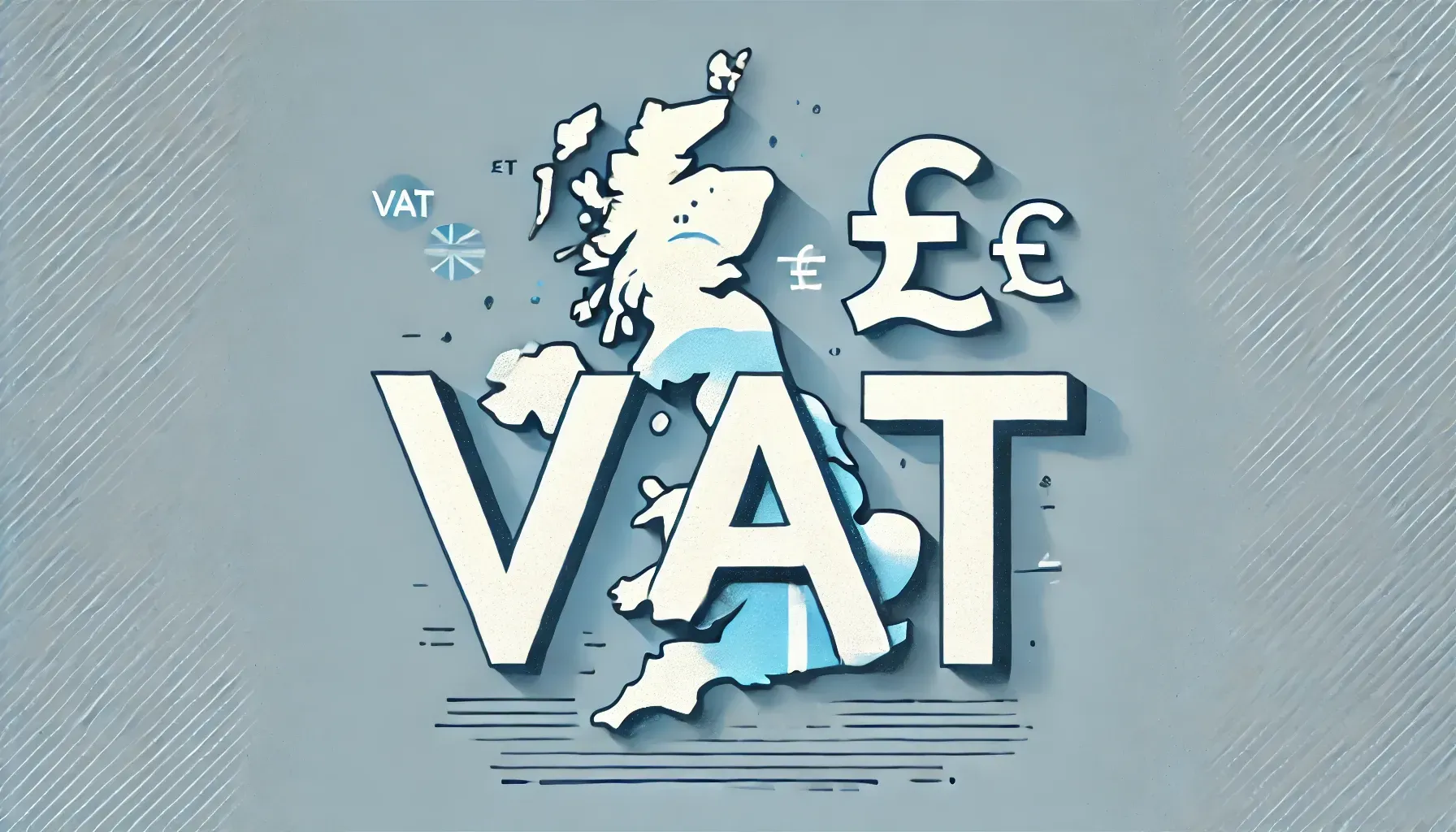Why Every Landlord Needs a Property Accountant in 2025
- 08 May 2025
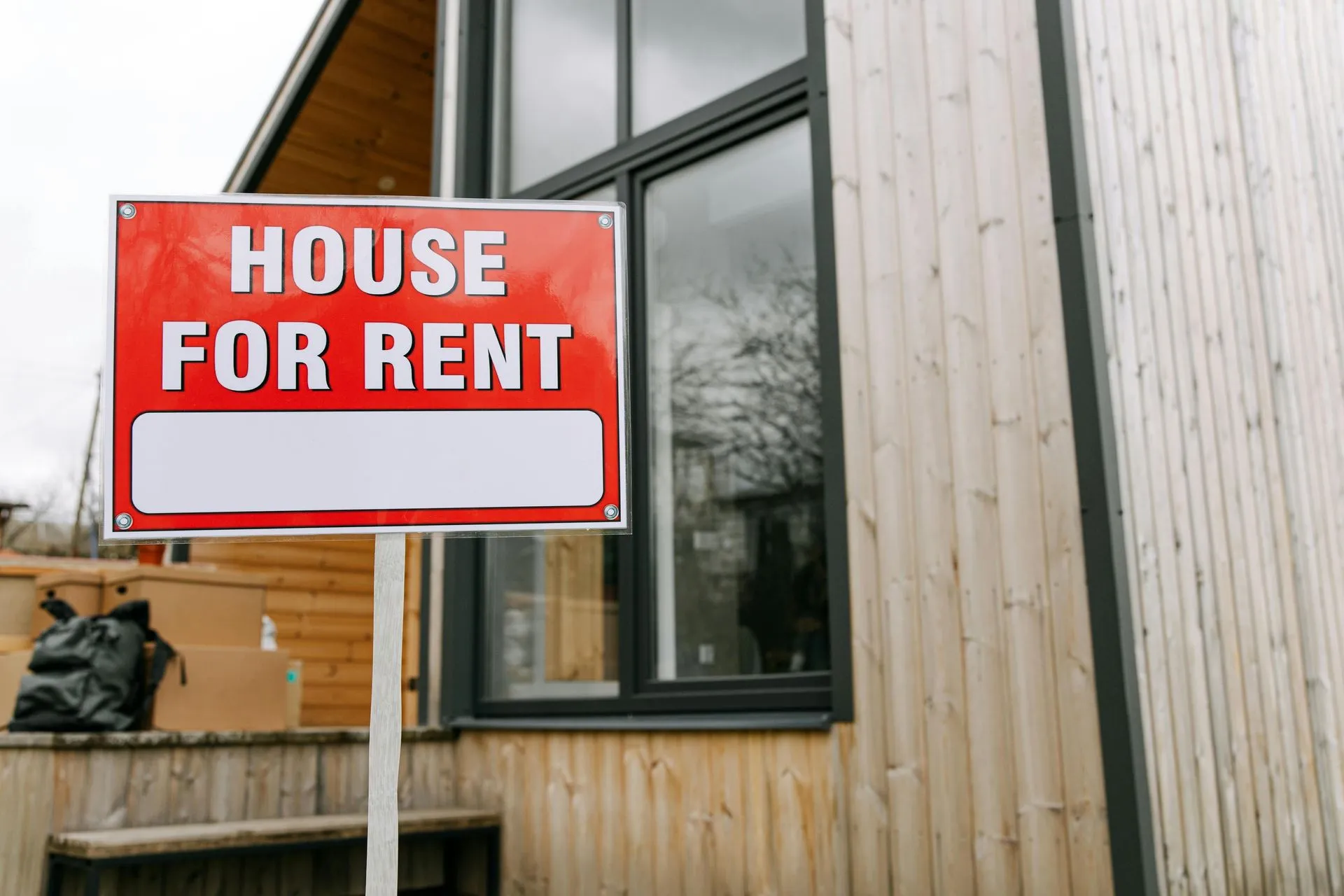
Stay Ahead on Tax, Compliance & Profits in the Buy-to-Let Market
The UK property market continues to evolve rapidly, presenting new challenges and opportunities for landlords. From stricter regulations to shifting tax policies and increasing costs, the buy-to-let sector is no longer the guaranteed win it once was. As we head deeper into 2025, it’s never been more crucial for landlords to partner with a dedicated property accountant who truly understands the complexities of property ownership, tax efficiency, and portfolio growth.
At SBX Accountants, we specialise in helping landlords not only stay compliant but also make smarter decisions with their investments.
A Changing Property Landscape
Owning rental property has long been viewed as a dependable way to build wealth, offering consistent income and long-term capital appreciation. The traditional belief was simple: buy property, hold onto it, and eventually reap the rewards either through rent or resale.
But times have changed.
With the rise in interest rates, removal of full mortgage interest relief, higher upfront taxes, and legislation like the upcoming Renters’ Reform Bill, landlords now face a far more complex and tightly regulated environment. Throw in rising maintenance costs and the increasing burden of digital reporting requirements, and it’s clear — this is no longer a hands-off investment.
That’s where SBX Accountants steps in.
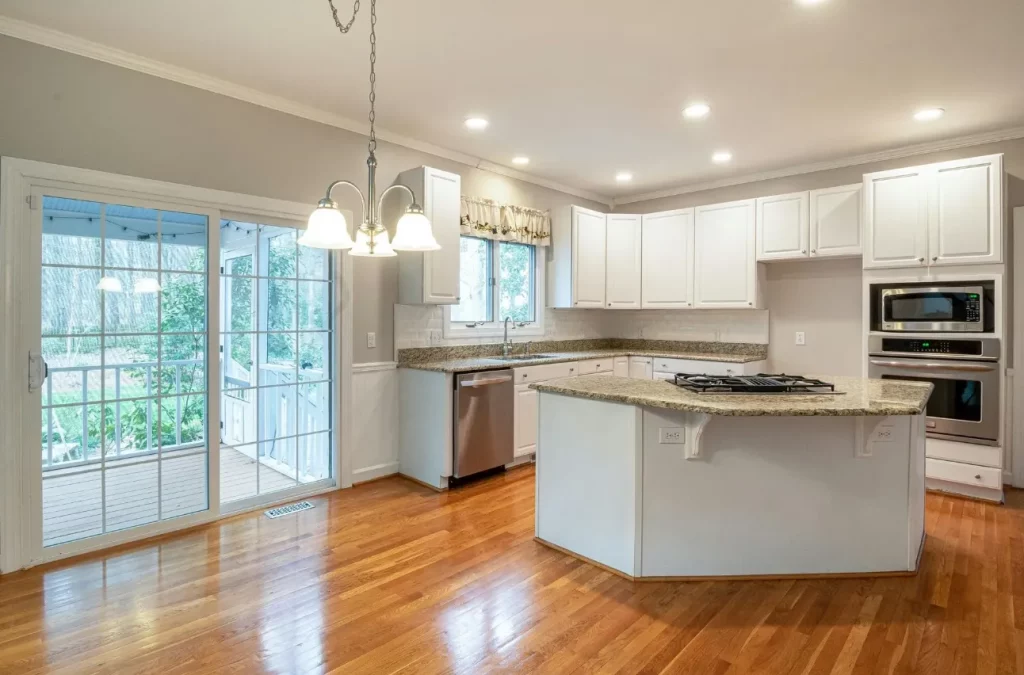
What a Property-Focused Accountant Can Offer
Managing your property income and staying compliant with tax laws is one thing – optimising your financial strategy is another. We do both.
Here’s what working with a property-focused accountant at SBX Accountants can offer:
Tax Planning & Compliance
Navigate Capital Gains Tax, Stamp Duty Land Tax, and Income Tax more efficiently with advice tailored to your situation.
Business Structuring
Understand the tax advantages of owning property through a limited company vs. personal ownership.
Digital Compliance (MTD)
Ensure you’re ready for Making Tax Digital ahead of HMRC’s deadlines, with compatible software and support.
Real-Time Bookkeeping
We provide a complimentary QuickBooks subscription to track income, expenses, and profit as you go.
Cashflow & Forecasting Support
Plan ahead for repairs, void periods, or future purchases with regular financial reviews.
Key Tax Changes Landlords Need to Know in 2025
A number of new rules will affect landlord profits and planning decisions this year. Some of the most impactful include:
Stamp Duty Land Tax (SDLT)
From April 2025, the SDLT surcharge on second homes and buy-to-let properties rose from 3% to 5%, significantly increasing the upfront costs of buying investment properties.
Mortgage Interest Relief Changes
Landlords can no longer fully offset mortgage interest costs against rental income. Instead, a 20% tax credit is given, reducing the overall tax benefit.
Capital Gains Tax (CGT)
Changes in CGT thresholds and reliefs make it more complex and potentially costly to sell rental property, especially if it’s not your primary residence.
Renters’ Reform Bill
The proposed abolition of ‘no-fault’ evictions (Section 21) and stricter rules on rent increases means landlords need to be more careful than ever in how they manage tenancies.
Making Tax Digital for Landlords
From April 2026, landlords with over £50,000 in annual income from property or self-employment will be required to comply with Making Tax Digital (MTD) rules — submitting quarterly digital updates to HMRC through MTD-compatible software.
This will later extend to landlords earning £30,000–£50,000 from April 2027. It’s a major change in how landlords report and manage their finances — and failure to prepare could result in penalties or messy bookkeeping.
At SBX Accountants, we help clients get ahead of these changes with fully MTD-compatible QuickBooks software, set up and managed by our team.
Track Smarter With Our Loan & Mortgage Calculator
We’re not just here to help you with tax returns. At SBX Accountants, we equip our landlord clients with powerful tools — including our Loan Calculator, which can also be used as a mortgage calculator.
This tool allows you to:
- Compare loan or mortgage terms in real time
- Understand monthly repayment obligations
- See total interest paid across different timeframes
- Calculate the real cost of borrowing for property investment
- Whether you’re considering your first buy-to-let, refinancing existing properties, or weighing up loan options, this calculator offers clear and immediate insights — helping you plan strategically and make decisions with confidence.
Combined with our expert guidance, this tool adds a financial edge to your property strategy — one that many generalist accountants simply can’t offer.
How Our Property Accounting Packages Work
Our landlord accounting services are designed to be flexible, affordable, and fully transparent.
We charge based on the complexity of your portfolio — not just the number of properties — and we offer fixed monthly fees that cover:
- Annual Accounts & Corporation Tax
- QuickBooks Subscription (at no additional cost)
- Confirmation Statement (we absorb the £34 filing fee)
- Bookkeeping & Management Accounts
- Access to loan and tax planning tools
- Unlimited phone and email support
- CIS Returns (if applicable) — optional add-on
Whether you operate personally or via a limited company, we tailor your support accordingly. And because we focus on landlords, we already know how to structure things in the most tax-efficient way.
Why Choose SBX Accountants?
We’re not just accountants — we’re strategic partners for landlords, developers, and investors who want to grow and protect their property income.
Here’s what sets us apart:
- Fixed Monthly Pricing – No hidden costs or surprise fees.
- QuickBooks Included – Real-time insight into your finances.
- Dedicated Accountant – Work with someone who knows your business.
- Unlimited Support – Call or email any time. No extra charges.
- Switching Is Easy – We’ll handle the move from your current accountant.
Ready to Get Started?
Whether you’ve been a landlord for years or you’re just starting out, the landscape in 2025 demands expert guidance. At SBX Accountants, we make compliance simple and provide the tools and advice to help you grow with ease.
👉 Visit our Landlord Accounting page or contact us here to book a free initial consultation.
